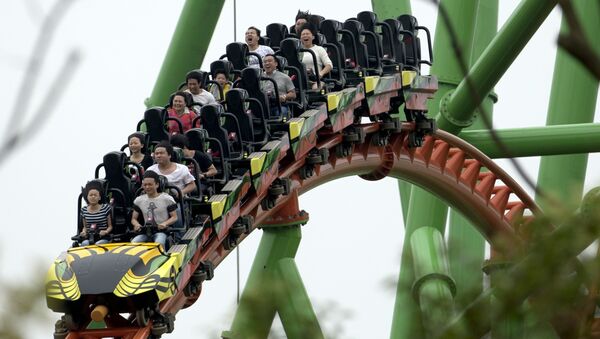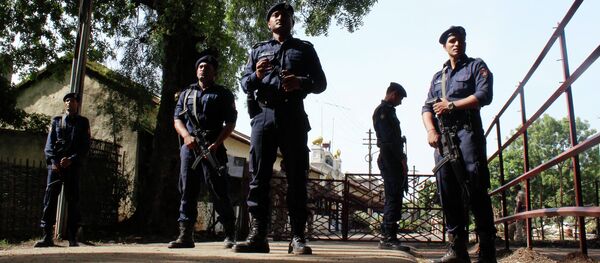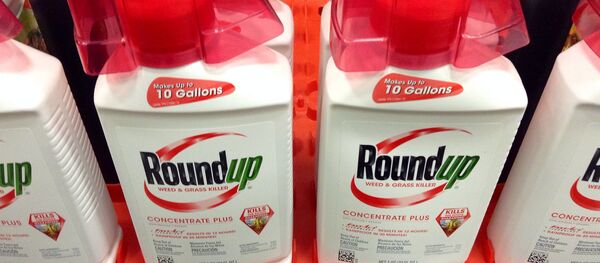Experiments for the study were conducted on Disney World’s Big Thunder Mountain Railroad roller coaster, where their seated position helped the stones to pass 63.89 percent of the time, if the person is sitting in the rear, and 16.67 percent of the time when seated in the front. Researchers recreated the functions of the human body by making an artificial replica of a kidney and filling it with actual kidney stones and placing them in a backpack at kidney height.
A stone was considered "passed" depending on where it was placed in the silicone kidney at the end of the ride.
"What was amazing was within just a few rides it became obvious that there was a huge difference in passage rates whether you sat in the front or the rear of the coaster," Dr. David Wartinger, professor emeritus of urology at Michigan State University, who co-authored the study, told the Atlantic, noting that, "There was a lot more whipping around in that rear car."
After 200 rides with stones of different shapes and sizes, researchers found that the experiment worked best for smaller kidney stones. Wartinger told NBC that a stone larger than 4 or 5 mm could become lodged and, "That's when you feel like you are giving birth to a porcupine."
Researchers wrote that "front seating on the roller coaster resulted in a passage rate of 4 of 24" stones and "Rear seating on the roller coaster resulted in a passage rate of 23 of 36" stones.
25 percent of US adults are reported to be affected by kidney stones, with treatment and extraction costs totaling around $3.8 billion a year, according to a report by the National Center for Biotechnology Information.






